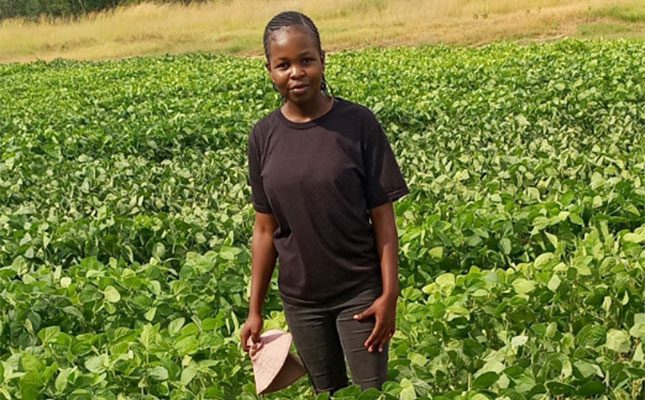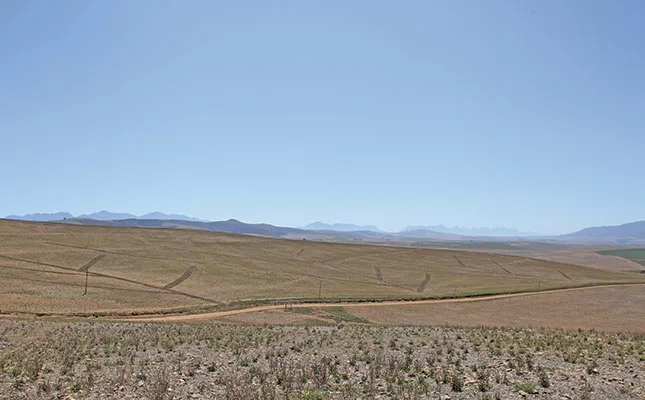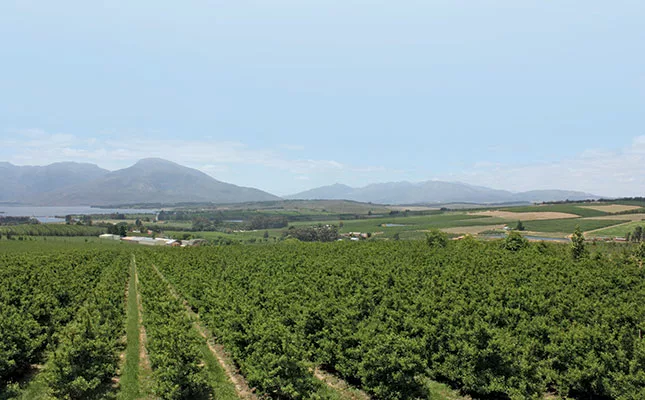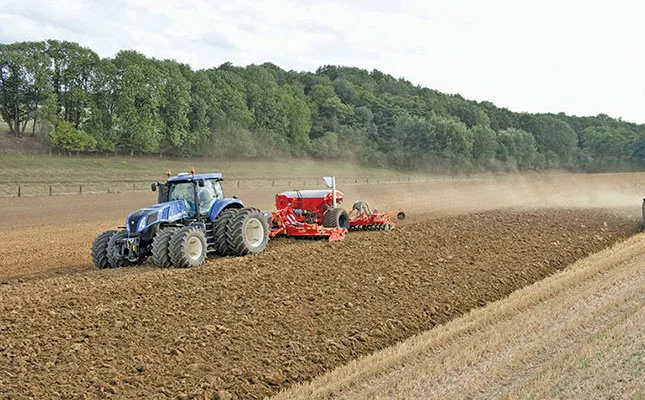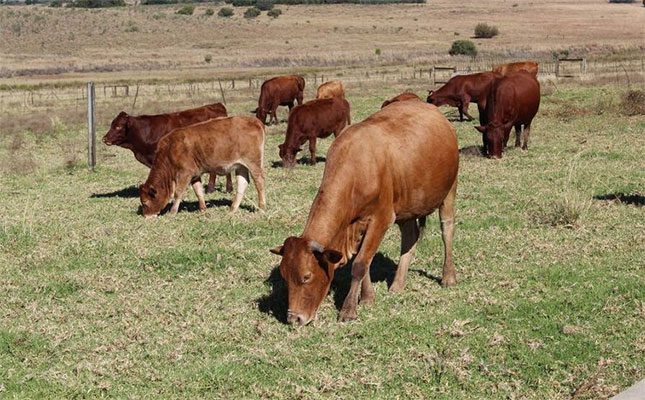
It is essential for the future of South Africa’s agriculture sector that we create realistic and actionable pathways for more and more black South African farmers to become sustainable commercial entities.
The recent Budget Vote Speech by Minister of Agriculture John Steenhuisen signalled a critical opportunity to reshape the trajectory of the country’s agriculture sector.
In his speech, Steenhuisen said: “We must empower new-entrant farmers to become self-sustainable and productive as quickly as possible.”
The Citrus Growers’ Association of Southern Africa’s (CGA) Grower Development Company fully supports this.
While we acknowledge the commendable successes of the previous agriculture minister Thoko Didiza, Steenhuisen has the opportunity to build on the foundation of the previous administration and implement a comprehensive and achievable strategy that prioritises transformation, development, and the sustainable commercialisation of black farmers.
Co-operation and coordination
Central to this revitalisation is a profound shift in focus towards co-operation and coordination. Achieving transformation necessitates a multifaceted approach that encompasses land reform, access to finance, access to resources like water rights, skills development, access to working infrastructure, and links to markets.
The fragmented nature of farmer support initiatives represents a significant challenge.
Currently, various grower organisations and government departments on national and provincial level have distinct interventions to assist farmers. However, in some cases, a lack of coordination and alignment have hindered their effectiveness.
A practical solution to this would be to establish a comprehensive farmer support system, where all stakeholders – government, commercial and organised agriculture, and private institutions like banks – work together to achieve transformation goals.
Ambitious yet achievable goals
This system should be underpinned by clear and measurable targets. The Department of Agriculture must set ambitious yet achievable goals for the next five years, with annual targets to track progress. A key metric should be the number of black producers that are successfully commercialised.
Steenhuisen will have to coordinate with relevant national departments, such as the Department of Trade, Industry and Competition; the Department of Water and Sanitation; and the Department of Land Reform and Rural Development, as well as financial institutions like the Land Bank and commercial banks.
It is crucial to recognise the diverse needs of farmers, ranging from small-scale producers to commercial enterprises. Therefore, a survey or database should be created that classes growers into various categories, based on their size and needs. Programmes and support mechanisms must be tailored to address the different challenges faced by each category.
This could include providing access to markets, helping with accreditation, and financial resources.
There is no one-size-fits-all solution to development, as some black farmers grow for own or local consumption while others are already semi-commercial and can easily transition to full commercial entities with the right interventions. Some farmers are already commercial and can be helped to scale even further, or to be given further access to overseas markets.
Similarly, the funding mechanism for black farmers should be nuanced. New and small-scale farmers might not be able to achieve their goals without government or industry grants.
However, as farmers grow in size, skill and business acumen, their funding requirements change. Careful thought should be given to when to allocate zero-rated loans, project-specific grants and preferential pricing, or a combination of these.
Strong partnership needed
To achieve a practical and achievable transformation plan, a strong partnership between government and the agriculture sector is essential. By working collaboratively, government and industry associations can gain a deeper understanding of the sector’s challenges and develop effective solutions.
This co-operative approach will foster trust, knowledge sharing, and resource optimisation.
The knowledge and experience to achieve this already exist in the industry.
At the CGA Grower Development Company, we have a track record of working on farming extension programmes, business development for farmers, access and collaboration with various funding institutions. We understand our farmers and their needs.
The CGA Grower Development Company is a non-profit organisation that was established in 2016 with the primary objective of making a significant impact on the transformation of the citrus industry. It is funded by the Citrus Growers’ Association of Southern Africa from a levy received from citrus growers.
The knowledge within the CGA Grower Development Company is also found in other similar industry structures – and a concerted effort should be made to include these voices in the transformation strategy for the next five years.
Fruit, vegetables, and livestock all have their own challenges, but they share the common need for achievable transformation within their own ranks.
Therefore, understanding the pathway from small-scale farmer to commercial entity and the interventions needed at each step, will be critical in the transformation plan set forth by the Department of Agriculture. Robust engagement with industry will be needed. We stand ready to support the Department of Agriculture in this very important aspect of their work.
The views expressed in our weekly opinion piece do not necessarily reflect those of Farmer’s Weekly.
Email Lukhanyo Nkombisa at [email protected].
Get trusted farming news from Farmers Weekly in Google Top Stories.
➕ Add Farmers Weekly to Google ✔ Takes 10 seconds · ✔ Remove anytime
